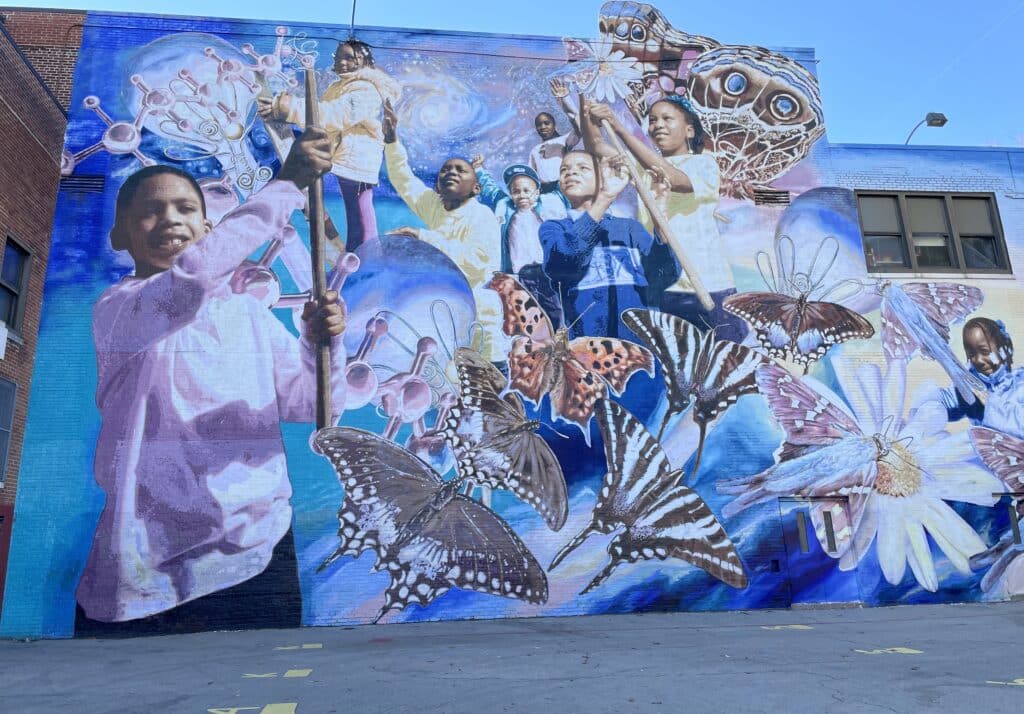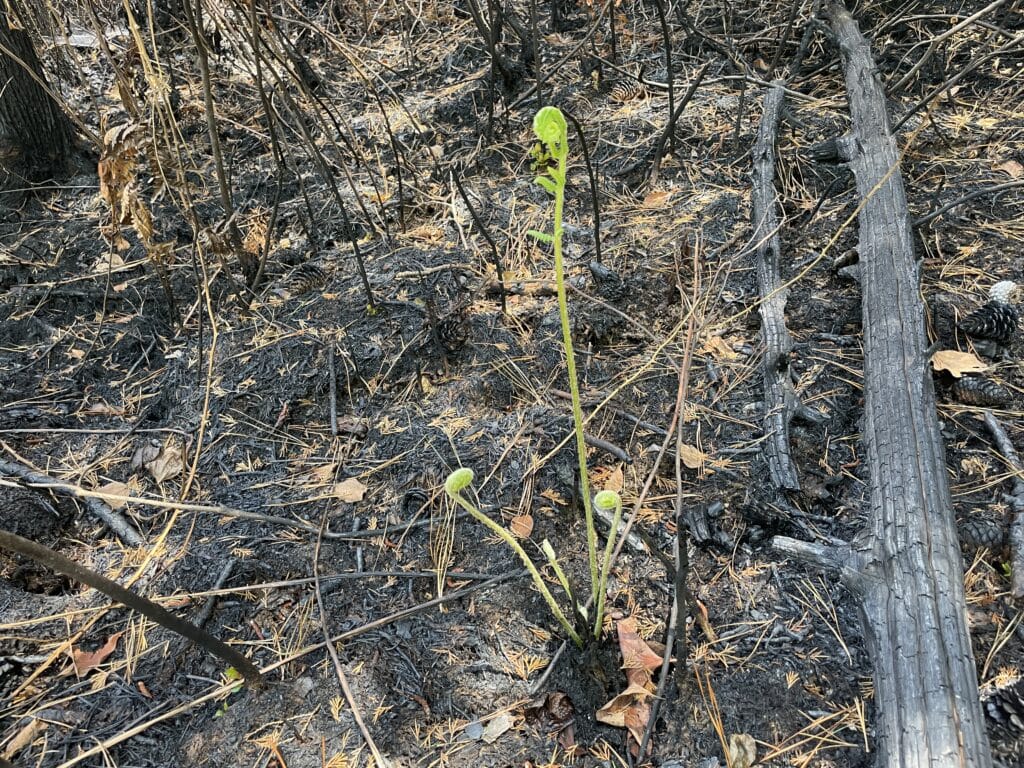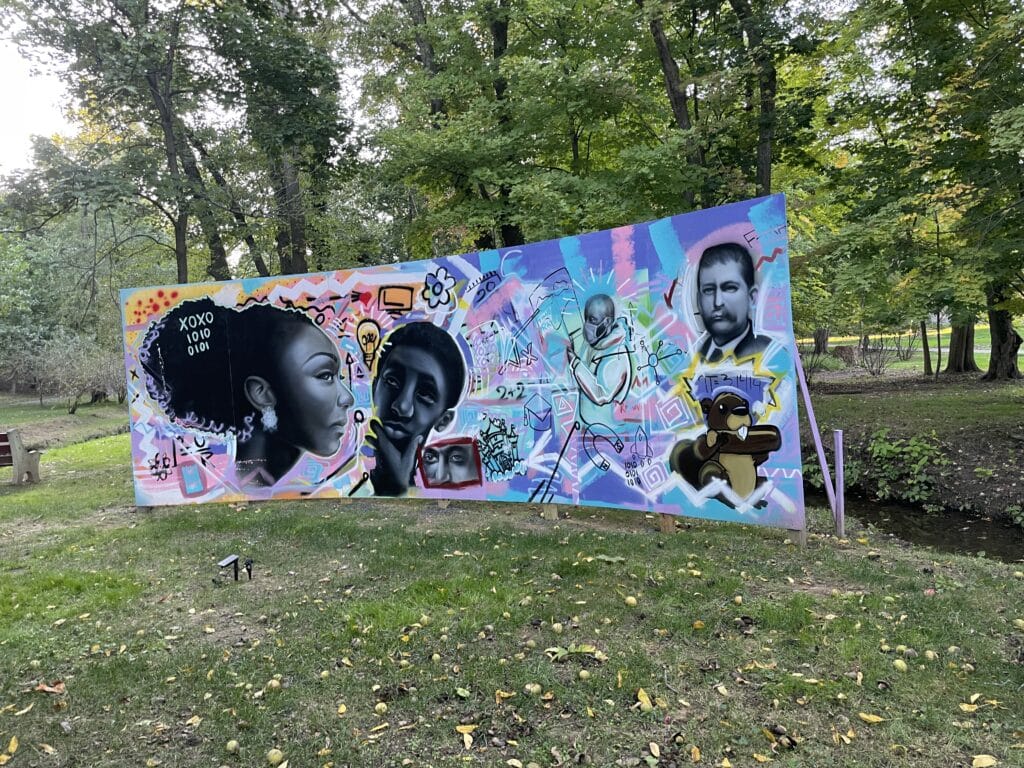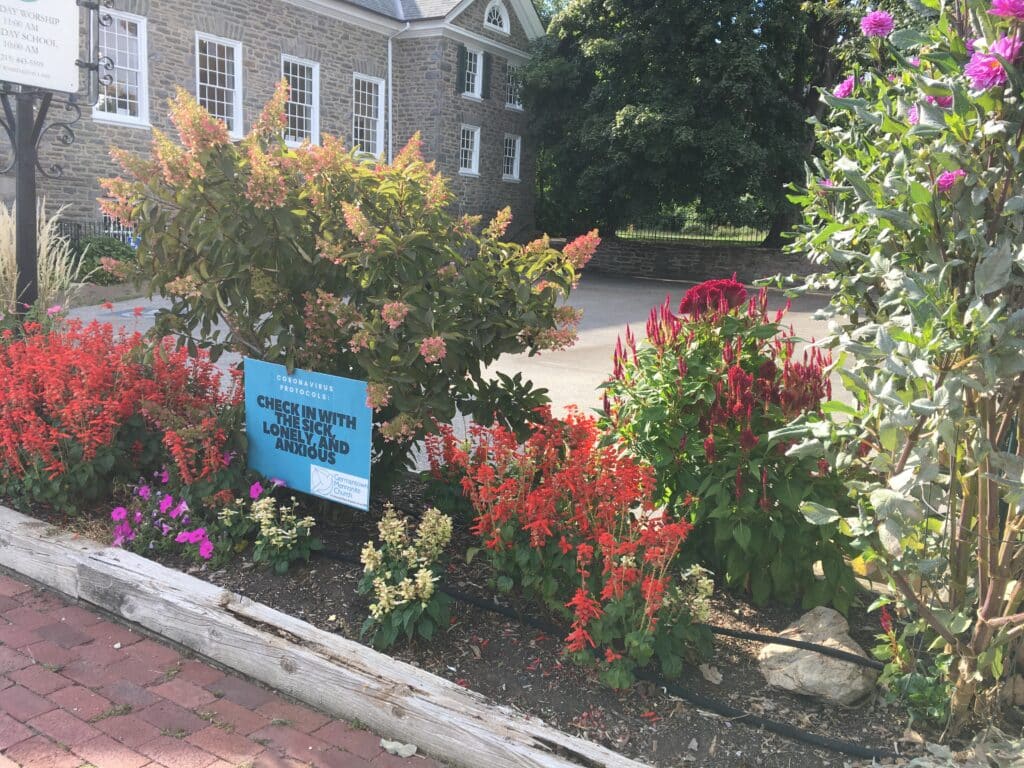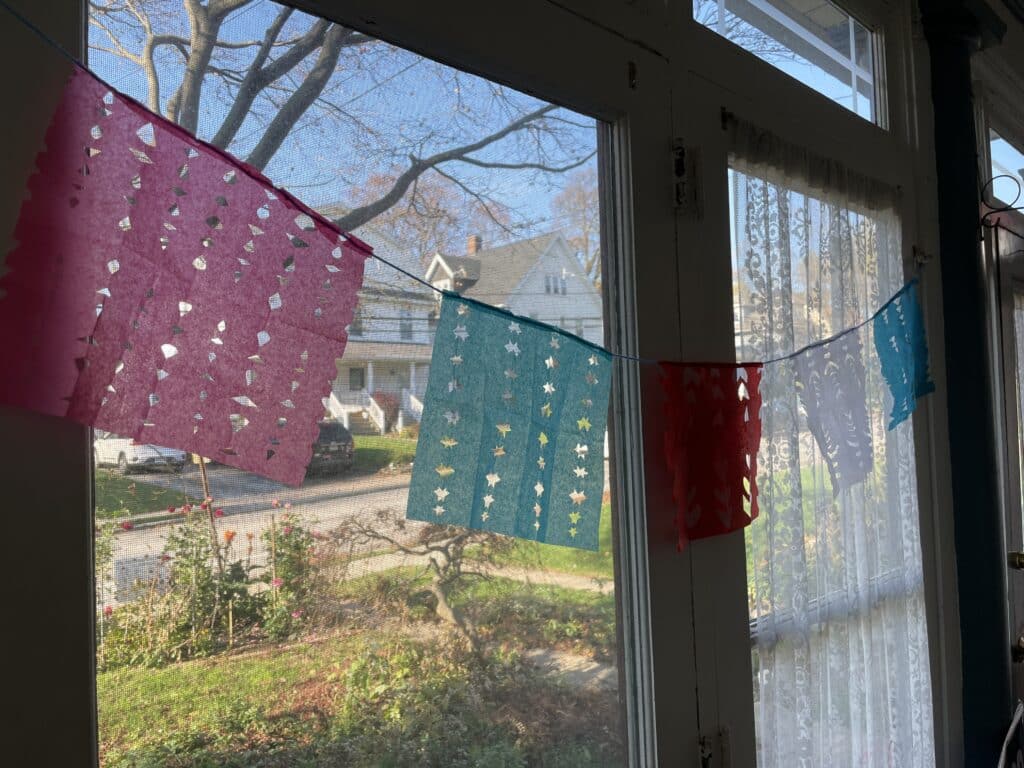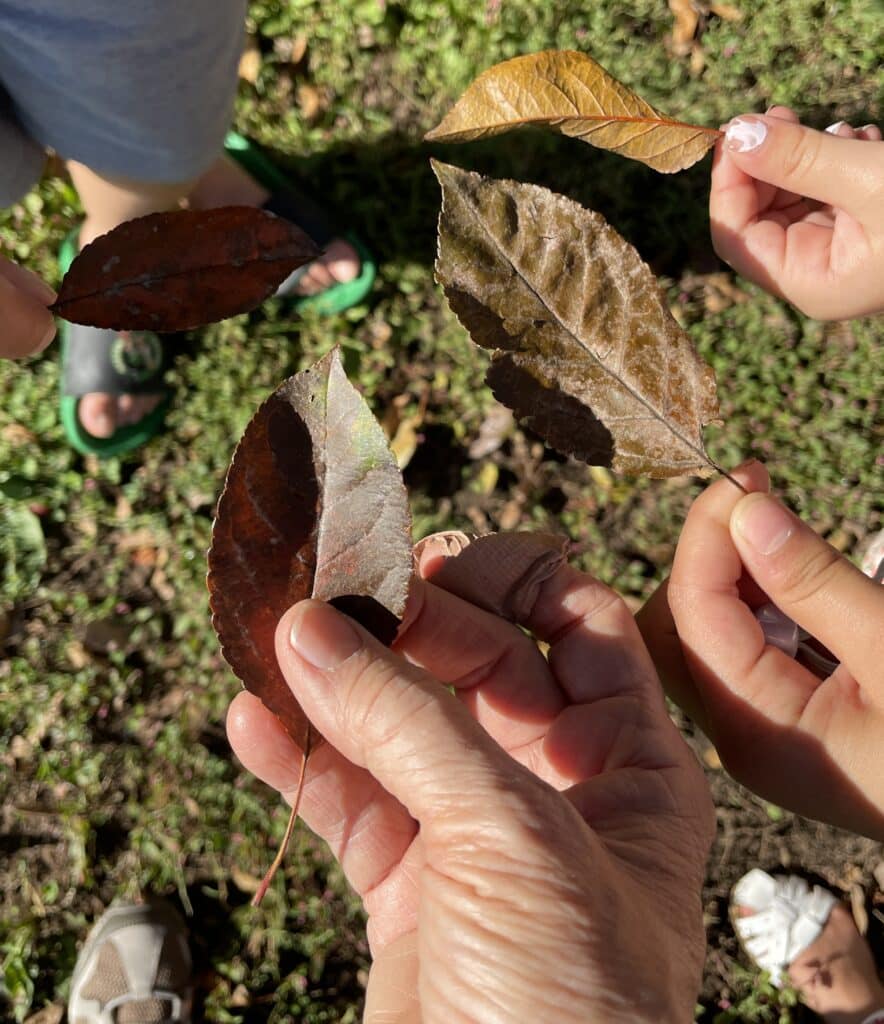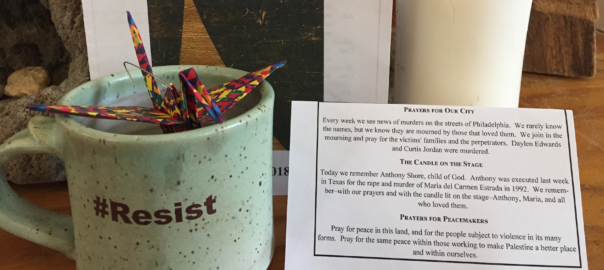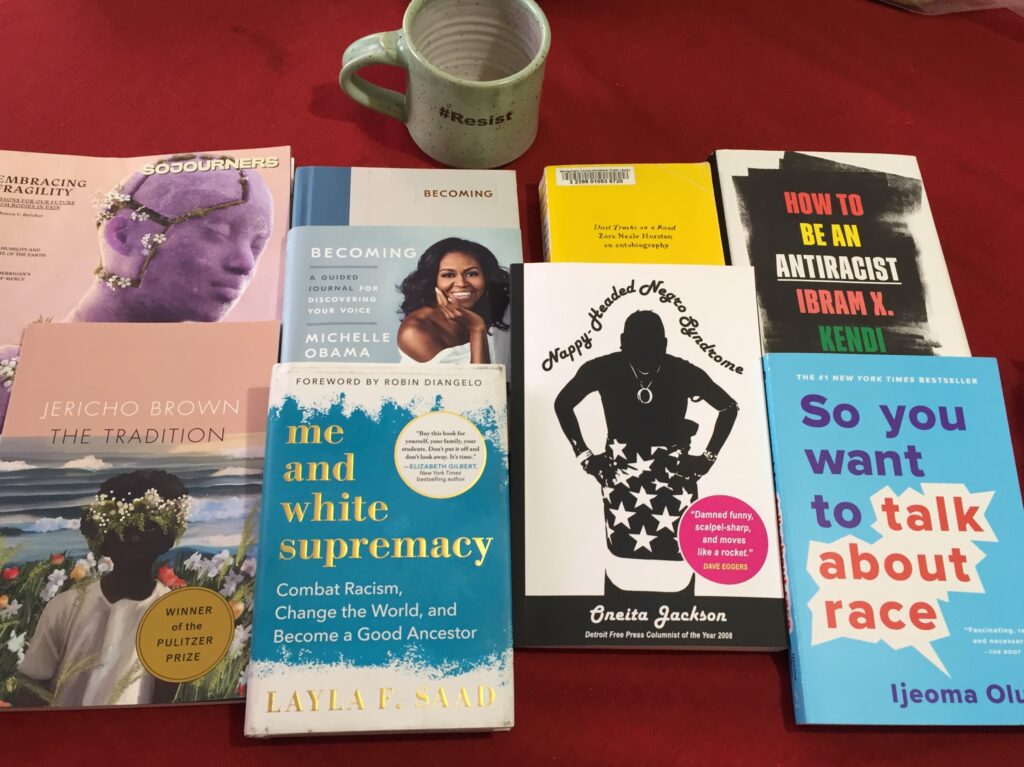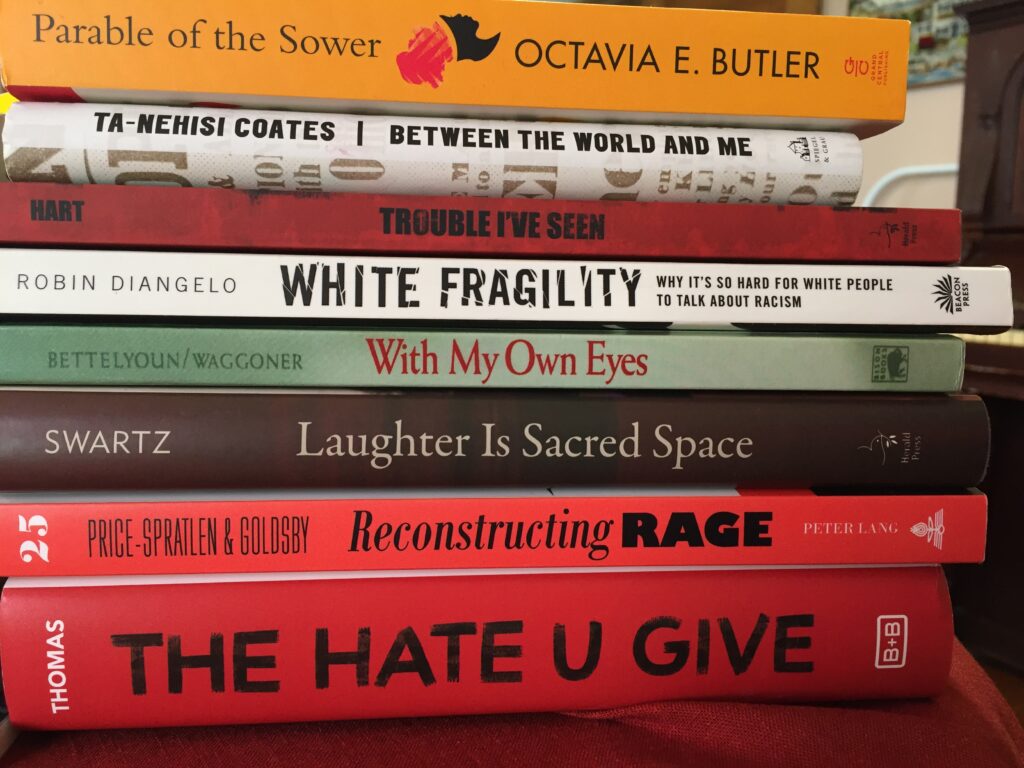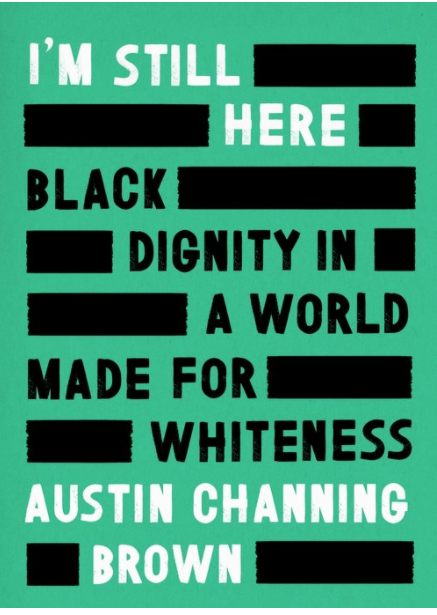Mural on the walls of Gideon Edward School, Philadelphia
Change the systems: On this day of remembering and honoring Reverend Dr. Martin Luther King Jr., many of us complete voluntary service to better our community. Yes, do the volunteering, but also change the systems that have systemically and systematically excluded Black, Brown, and Indigenous people. These two words are intentional. The exclusion is across the system (systemically). The exclusion is regular and automatic (systematically).
Here are some resources for change:
For self -reflection, education, and moving an organization away from harming BIPOC:
Roots of Justice (ROJ): https://www.rootsofjusticetraining.org/ ROJ offers services to groups or individuals, in order us to see the hidden ways institutions have harmed Black, Brown, and Indigenous people, and for us to make changes. In ROJ’s website’s own words: “We are a collective of anti-racism educators and organizers…. We are indigenous, Black, Latino/a/e, and white people from across the U.S….Our core values are: Authentic Relationships; A vision of a Just World, Systemic Approach to Undoing Oppression; Long Term, Sustainable Life-giving Strategies; Liberated Spirituality”.
How is your group doing on Diversity, Equity, Inclusion or Justice choices? Plan deliberate improvements: Diversity, Equity, Inclusion and Justice Screening Tool https://www.delriverwatershed.org/deij-lens-and-screening-tool
The Environmental field is full of well-meaning caucasian-heavy structures. If we (diverse and inclusive) are moving forward in caring for the environment and ourselves, we need each voice. You know groups of people have been and currently are systemically and systematically excluded. How does an organization evaluate and change where it stands as it improves diversity, equity, inclusion and justice?
The Coalition for the Delaware River Watershed (CDRW) https://www.delriverwatershed.org/ has created an effective DEIJ tool (see above link, below the photo) through its core priority of DEIJ.
In 2022, CDRW continued their work on DEIJ by contracting with Tribesy https://tribesy.net/ to evaluate what the institution (CDRW) said about itself on the topics of diversity, equity, inclusion and justice, and whether it met its own goals. Out of this effort, a roadmap for moving forward was determined, and a lens tool was created.
When any decision is being made, this lens can be used to broaden the decision in order to be more diverse, equitable, inclusive and just. It’s a powerful tool.
But only if it is being used.
Take a look. Try the series of questions when you are making a decision. Planning an event? Ask the questions. Hiring a new staff member? Ask the questions as you set the system of hiring in place. Choosing where to donate money? Ask the questions.
Local networking: right here, right now.
If you are white, it’s likely that your network is white, and likely that your decisions are centered on your voice and being in control. Consider connecting to BIPOC led groups and supporting BIPOC efforts first: local businesses or established networks that are centered in the BIPOC communities and equitable in their board, their staff, and their efforts. Here are some organizations local to Cheltenham/North West Philadelphia:
TBC: The Business Center https://www.thebizctr.com/ The BizCenter annual celebration in 2022 was inspiring, full of strength, expertise, networking, and joy. Connect to and support this business that is assisting to grow the black economic community.
POWER Interfaith https://powerinterfaith.org/ POWER is a multi-faith group that collectively seeks to improve our community. Currently their campaigns include Education, Economic Dignity, Climate Justice, Civic Engagement, and The Live Free Campaign for Criminal Justice Reform.
In the spirit of Martin Luther King Jr., on this MLKDay of Service, aim for The Beloved Community. Look to changing the systems that harm Black, Brown, and Indigenous people. It is the right thing to do. Our future is dependent on all of us. What harms one, harms all.
